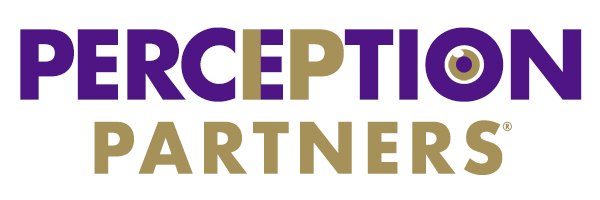Immunotherapy Market & IP Landscape
Immunotherapy is a type of cancer treatment that uses substances made by the body or in a laboratory to boost the immune system and help the body find and destroy cancer cells.
Immunotherapy is promising for achieving longer-term efficacy such as improved response rates and progression-free survival, and better quality of life.
Leading immunotherapy molecular targets include PD-1, PD-L1, HER2, STAT3, CTLA-4 and LAG-3. The cancer immunotherapy market is expected to hit around US$130.6 billion by 2030 and is anticipated to grow at a CAGR of 10.6% during forecast period 2021 to 2030.
$4 Billion annual revenue - per player?
In 2022, the U.S. FDA approved a new Bristol Myers Squibb immunotherapy: the first LAG-3-blocking antibody combination, Opdualag™ (nivolumab and relatlimab), to treat unresectable or metastatic melanoma. The combination of two monoclonal antibodies acts synergistically to improve anti-tumor response by targeting two different immune checkpoint targets: LAG-3 (relatlimab) and PD-1 (nivolumab). Bristol Myers Squibb expects annual revenues to exceed $4 billion by 2029.
What is the scientific opportunity to develop classes of drugs that could echo Opdualag’s therapeutic effectiveness and market potential?
Multiple clinical trials are underway in the landscape involving monoclonal antibodies for LAG-3 and PD-1 targets. Enrolled subjects range across those with advanced or metastatic solid tumors (e.g., colorectal cancer, melanoma, cervical carcinoma, breast cancer).
Novartis: Ieramilimab (anti-LAG-3), plus Spartalizumab (anti-PD-1)
Xencor: Bavunalimab/XmAb®22841 (anti-CTLA-4 and anti-LAG-3), plus Pembrolizumab (anti-PD-1)
Merck: Favezelimab (anti-LAG-3), plus Pembrolizumab/KEYTRUDA (anti-PD-1)
Regeneron Pharma: REGN3767 (anti-LAG-3), plus Cemiplimab (anti-PD-1)
How could AI accelerate results in immunotherapy, and who is investing in readiness here?
Artificial intelligence (AI) and machine learning (ML) are transforming drug discovery. AI-ML helps researchers rapidly identify druggable targets or biomarkers for diagnosis. AI-ML has been successfully implemented in several instances of combination drug therapy from HIV, hypertension, infectious diseases to cancer.
Recently, Novo Nordisk teamed up with Microsoft for faster and scaled use of AI in drug discovery. In 2022, Gb Sciences released its novel AI-accelerated drug discovery platform—PhAROS™ to accelerate the drug development research process in an effort to get novel formulations to market faster. Due to the exponentially increasing number of potential compound and target combinations, systematic AI prediction of higher-order combination effects with more than two drugs or targets remains challenging.
Objectives of Intellar Immunotherapy IP Landscape Dashboards
Intellar Immunotherapy Landscape Dashboards are designed to visualize who is doing what, when and where - and for how much?
Key concepts: immunotherapy, photoimmunotherapy, cryoimmunotherapy, CAR-T cell therapy, cancer vaccine, dendritic cell therapy, immunoconjugate, antibody drug conjugates, and tumor infiltrating lymphocyte therapy
Data Coverage for Intellar Immunotherapy IP Landscape Dashboards
More than 35,000 de-duplicated global simple patent families published in (machine translated) English since 2015
Technical literature, scientific, medical and engineering journal abstracts, full text (when available) & images published in English since 2017
News articles, press releases, business research, market forecasts, announcements and magazine content published in English since 2020
Categorization for Intellar Immunotherapy IP Landscape Dashboards
This landscape’s technology taxonomy covers:
Immunotherapy Types
Immunotherapy Targeted Diseases
Immunotherapy Features
Immunotherapy Therapeutic Targets
Immunotherapy Formulations
Immunotherapy Delivery Routes
Immunotherapy Drugs
Want to develop IP strategies & insights in this landscape?
Insight-ready Intellar® market & IP landscapes




















